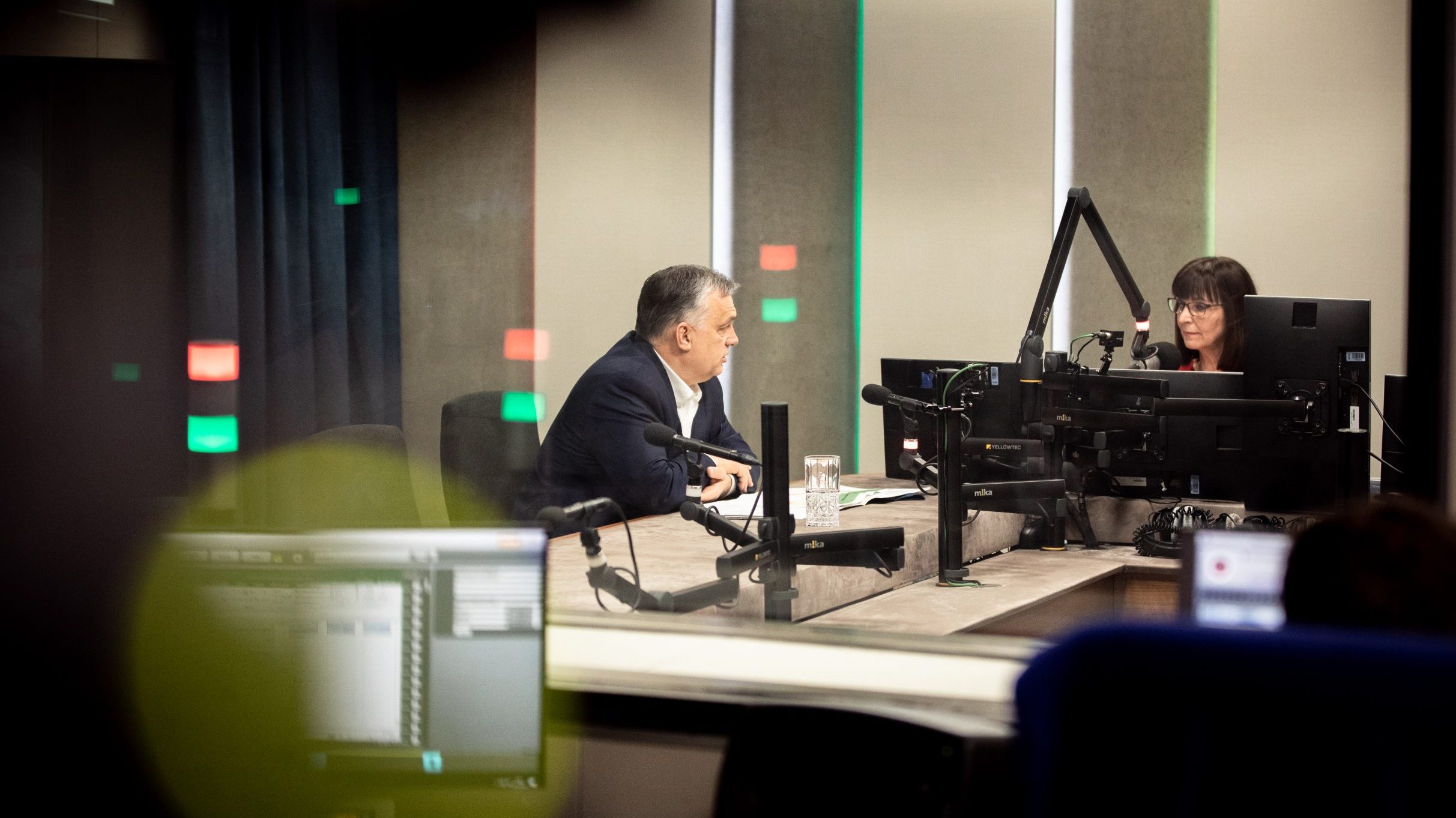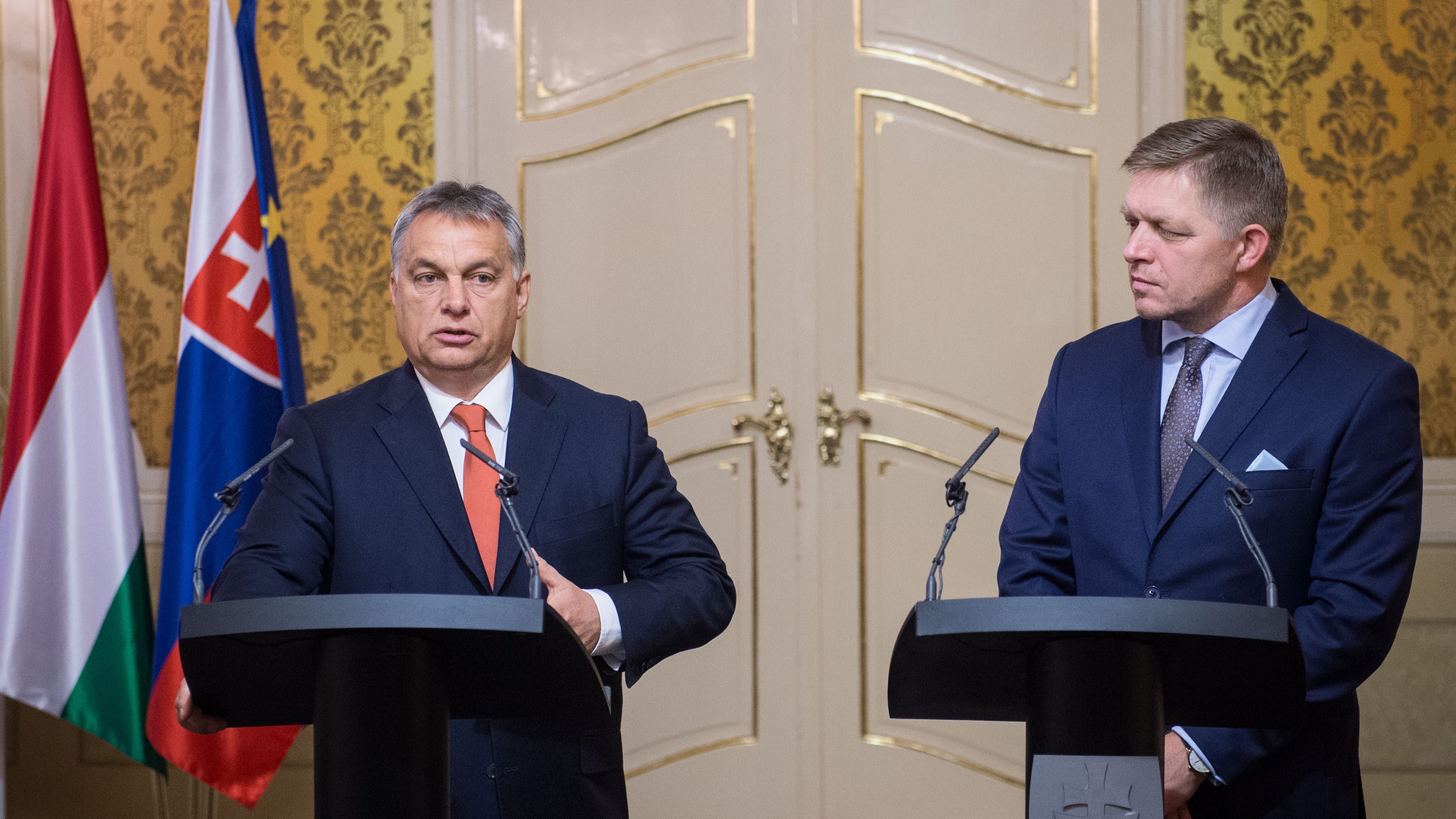
In the Prime Minister’s view, there are decisions which can be changed, but the issue of immigration is one which we can never correct if we get it wrong. “This is what we see in the Western European countries’ treadwheel of numerous recurring internal disputes and tensions”, he added.
“The people have understood this situation, and they know that we are talking about the future of Hungary”, he said, noting that “This doesn’t mean that there aren’t party political opinions; the left is usually pro-immigration, while the right would like to preserve the country as it is”. According to Mr. Orbán, people who don’t participate in Sunday’s referendum are leaving the decision to everyone else.
The Prime Minister also indicated that after the referendum result he will be ready to travel to Brussels and negotiate with the EU on the quota. “The EU is a community of democracies”, Mr. Orbán said, adding that “a regulation which a nation opposes cannot be forced onto it”. He added that “This is the principle which we would like to see enforced”.
The Prime Minister condemned the fact that the EU did not make it clear at the very beginning how it wanted to help people in need. “Some Member States invited them into their own countries, then when they realised this would lead to trouble, they thought they could select the people they need and distribute the rest”, he said, adding that in his opinion the most dangerous part of the quota is that it includes no upper limit on numbers.
Mr. Orbán compared this to the Hungarian standpoint, according to which the preferable approach is to take help to where it is truly needed. Hungary has also stressed the importance of border protection from the very beginning, and furthermore insists that “We Hungarians must decide who we want to live with and who we don’t want to live with”.
“We don’t want public safety to decline, we don’t want a terrorist threat, we don’t want to change our way of life and we don’t want to place our family relations, our view of women and the ideals we have developed on the freedom of the press and freedom of religion, onto different foundations”, he continued.
The Prime Minister also mentioned that the countries which had admitted migrants had spread them across the country and given some to every city and village. “The same would be true here if Hungary were forced to admit migrants; so the referendum is not just a national issue, but is about every single Hungarian settlement”, he highlighted.
In reply to a question about the time spent in Hungary by Salah Abdeslam, one of the perpetrators of the Paris terrorist attacks, the Prime Minister said that “The more migrants there are, the greater the risk of terror”.
The Prime Minister was also asked about the future of Europe, to which he explained that he cannot know in what form the continent would organise its life, but he would like a Europe – and in it a Hungary – in which life is optimistic, safe and affluent. “This is what life in Europe is like today, and if we don’t get things wrong then this is how it can stay”, he said in summary.

